Meet the core divisions that drive our organization forward.

Supervising nursing staff

Managing the day-to-day operations of a department, unit, or entire facility.

Supports the administrator in managing the day-to-day operations of a healthcare facility or department.

Conducts physical exams, takes medical histories, and orders diagnostic tests.

Works closely with physicians, nurses, and other healthcare professionals to provide comprehensive care.
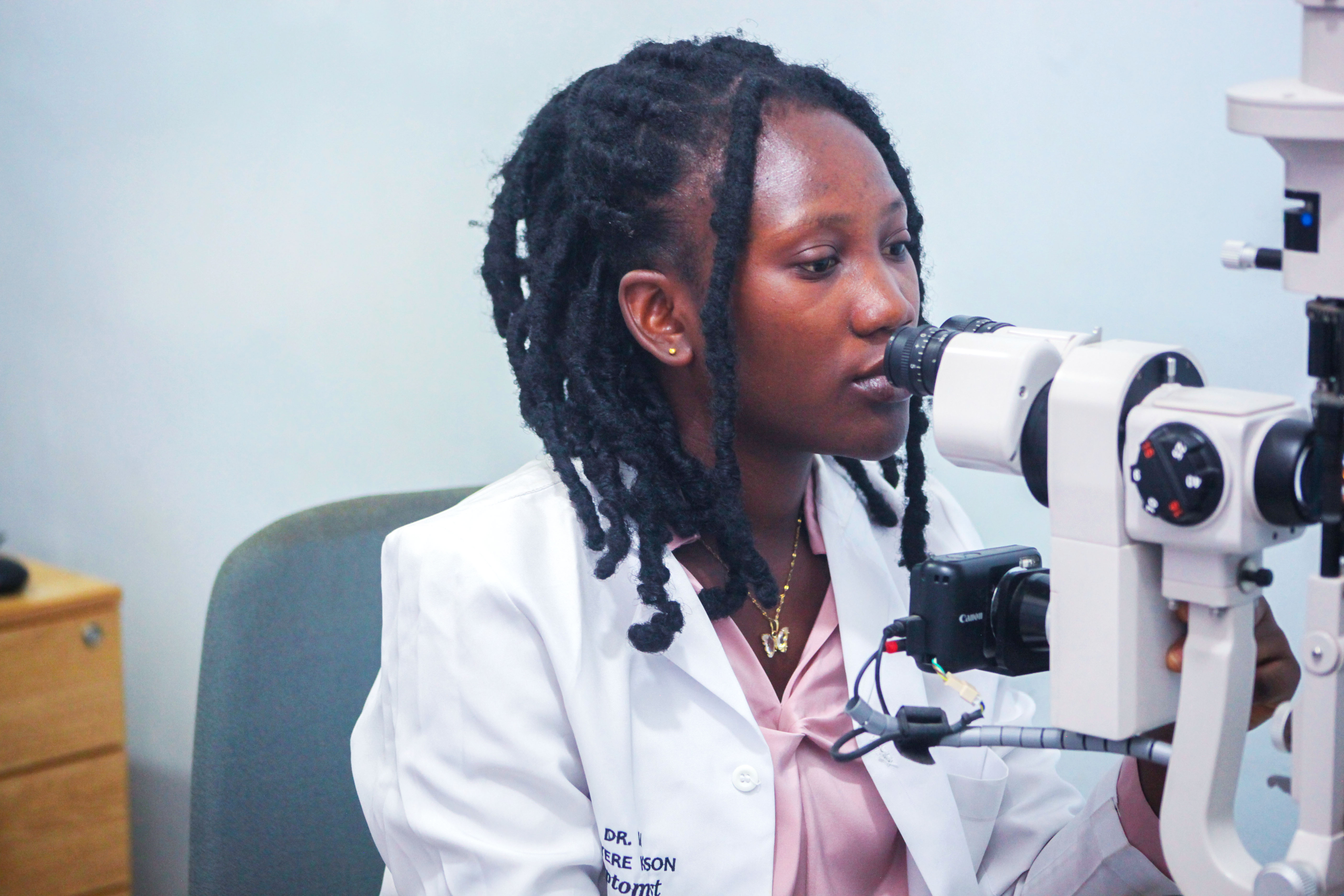
Identifying and treating eye conditions, such as conjunctivitis, uveitis, and age-related macular degeneration.

Providing information, answering questions, and addressing concerns.
Registering patients, verifying insurance, and collecting demographic information.

Answering phone calls, responding to emails, and directing inquiries.

Assisting women during labor, providing emotional support, and helping with pain management.
Assessing, planning, implementing, and evaluating patient care.
Administering medications and treatments.

Providing care and support to new mothers and their babies after childbirth.

Helping new mothers with breastfeeding and providing guidance on infant care.

Educating women and families about reproductive health, pregnancy, and parenting.

Administering medications and treatments as prescribed.

Providing care and treatment for wounds, such as dressing changes and wound cleaning.
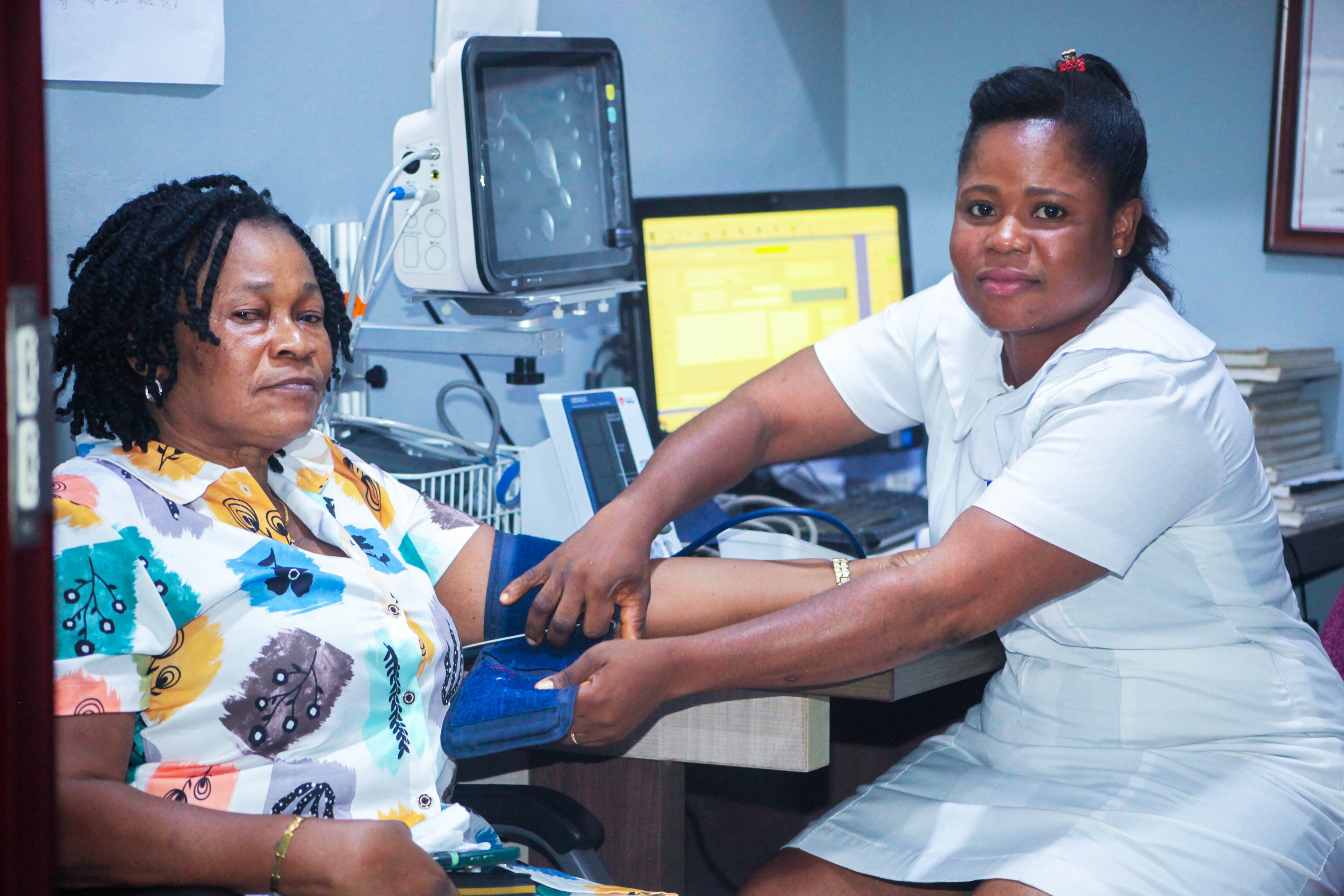
Monitoring patients' vital signs, such as temperature, blood pressure, and heart rate.
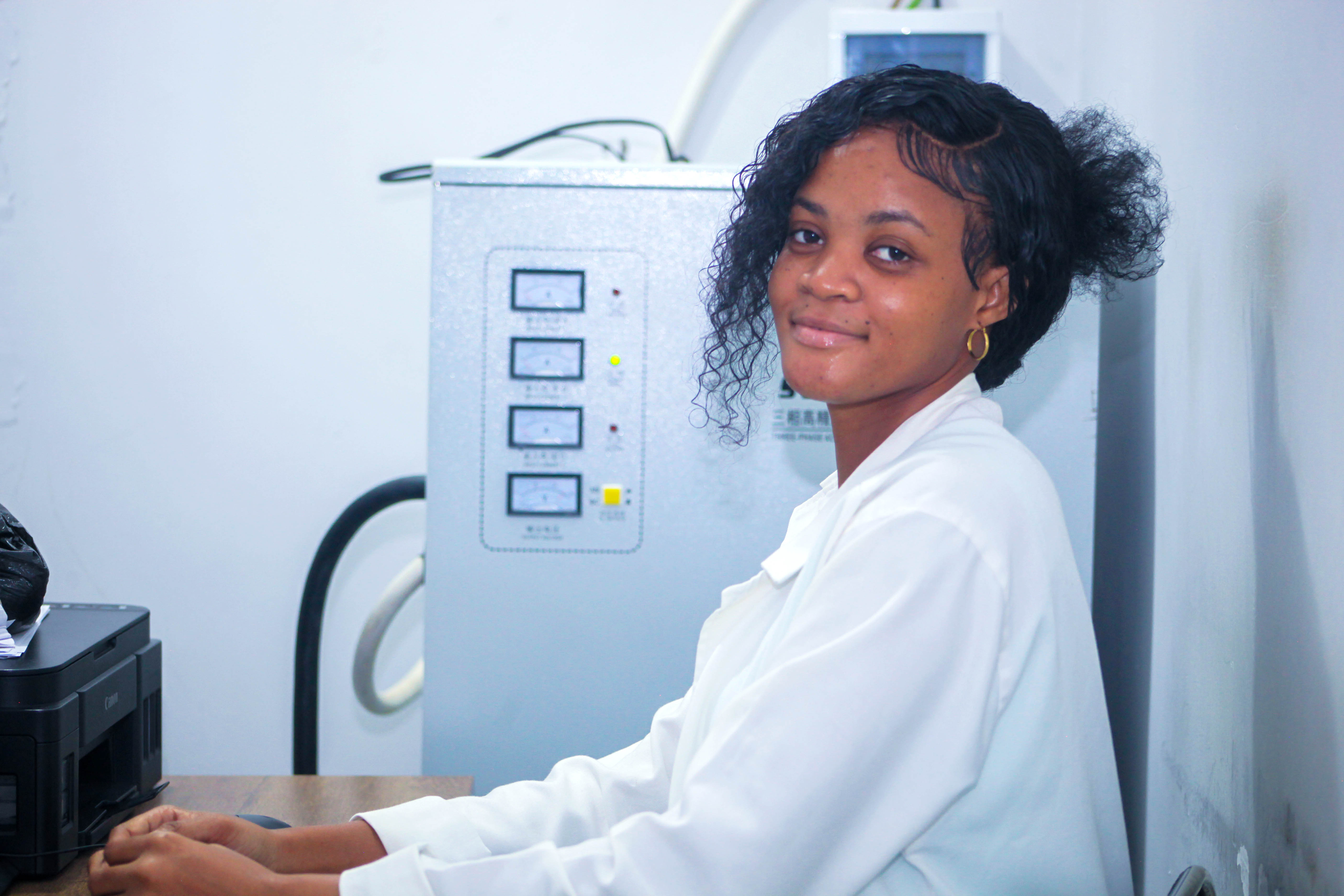
Identifying pneumonia, lung tumors, or other lung disorders.
Analyzing blood samples to detect infections, monitor blood sugar, or evaluate organ function.

Examining urine samples to detect kidney problems, infections, or other conditions.

Pharmacists provide guidance on over-the-counter medications, health supplements, and general health concerns.

Pharmacists help patients manage their medications, including dosage, timing, and refills.

Pharmacists provide prescribed medications to patients, ensuring accuracy and safety.
Serves as a temporary waiting area
For patients with general medical conditions.
Where female patients are treated and cared for.
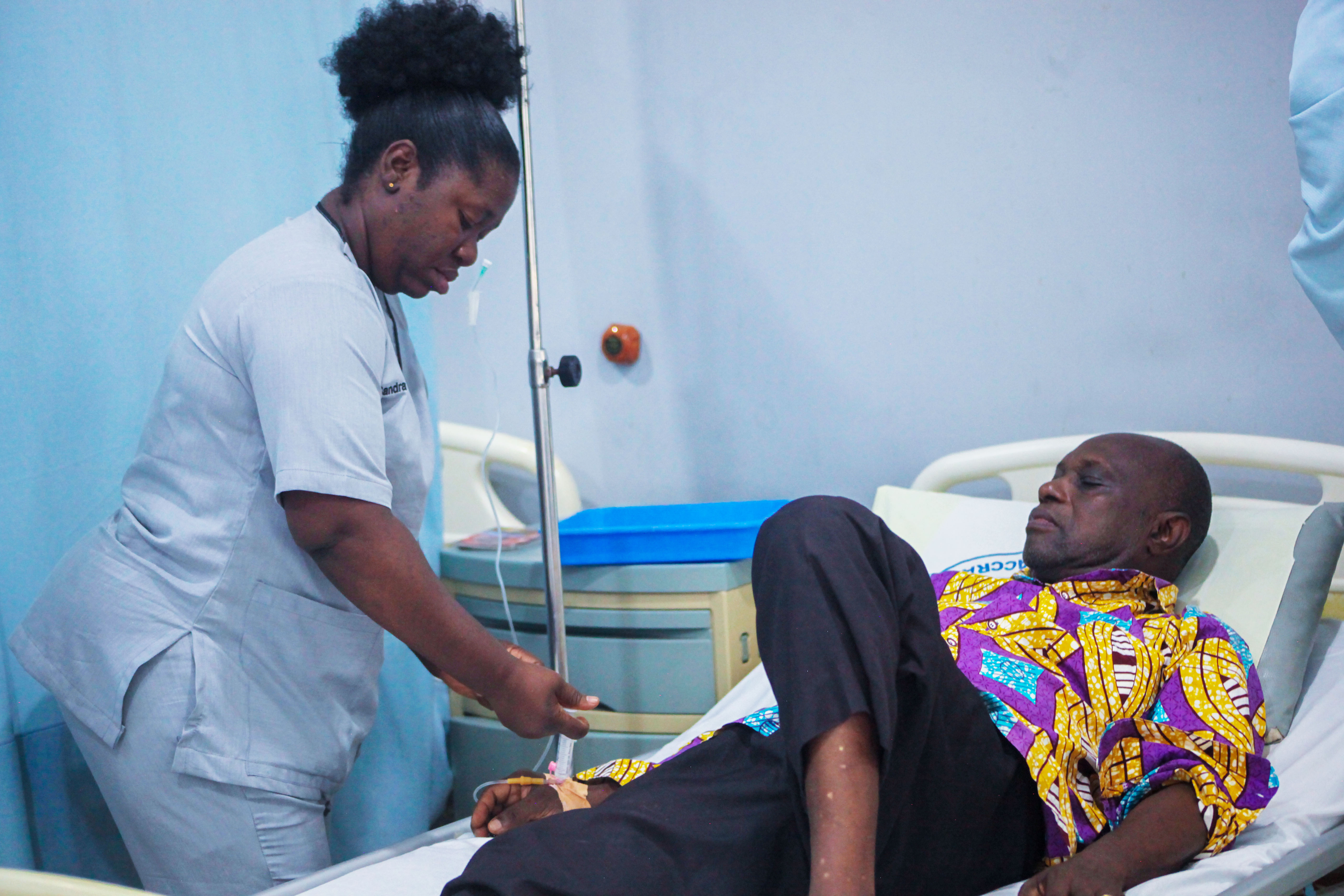
Where male patients receive care and treatment.
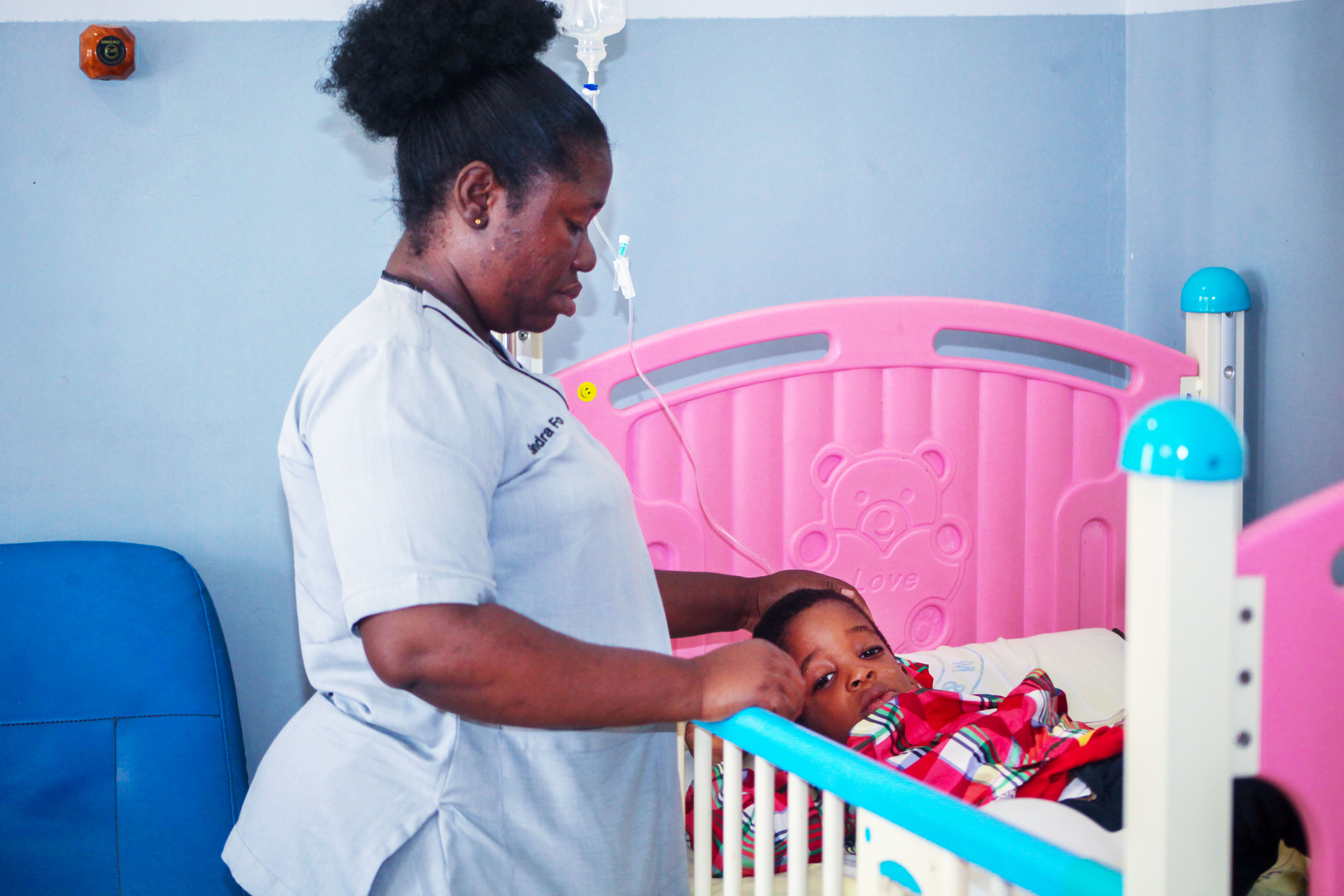
Children's wards often have additional support services, such as play therapy, child life specialists, and family-centered care.
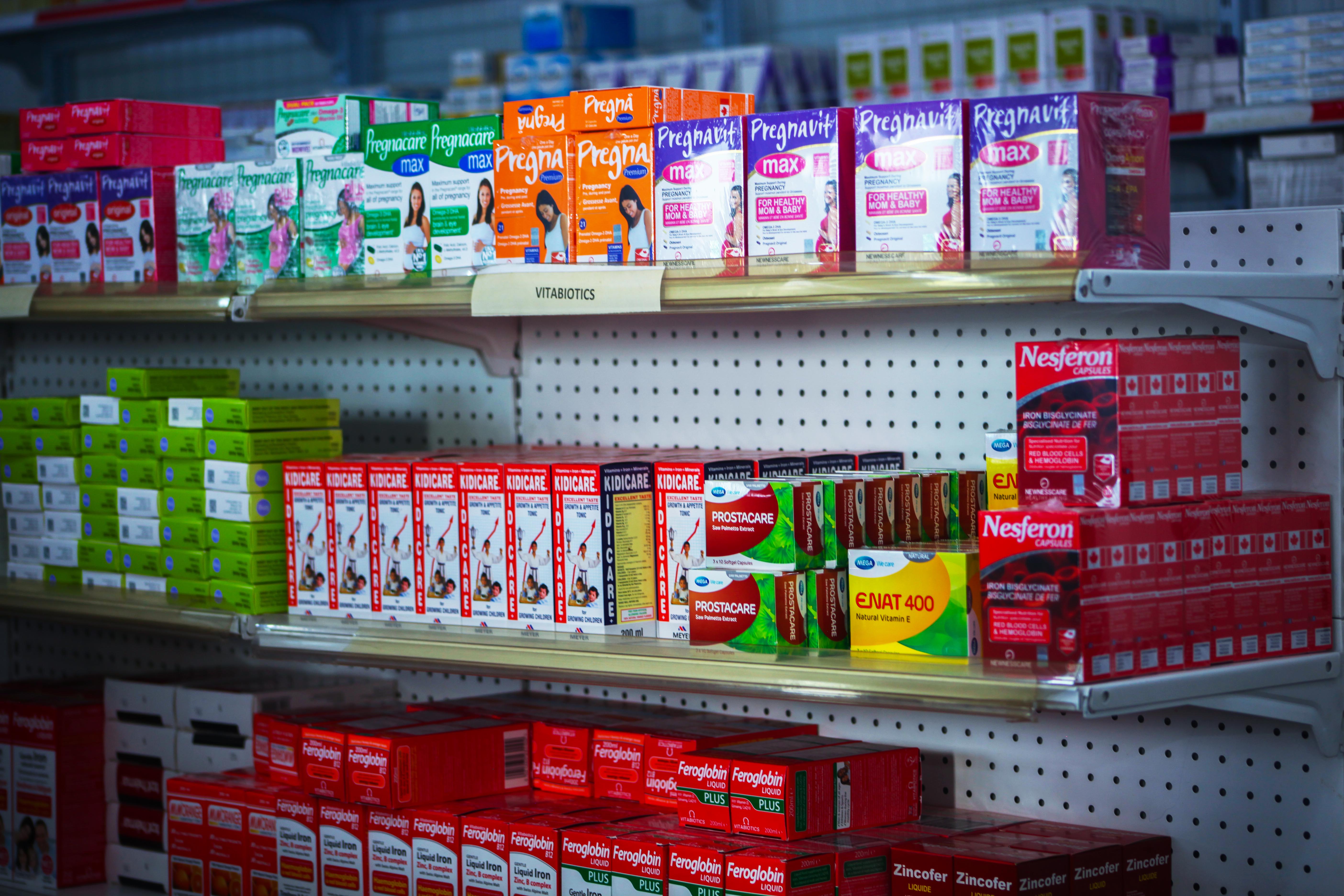
Dispensed by pharmacists under a doctor's prescription.

provide meals and snacks for patients, visitors, and staff.
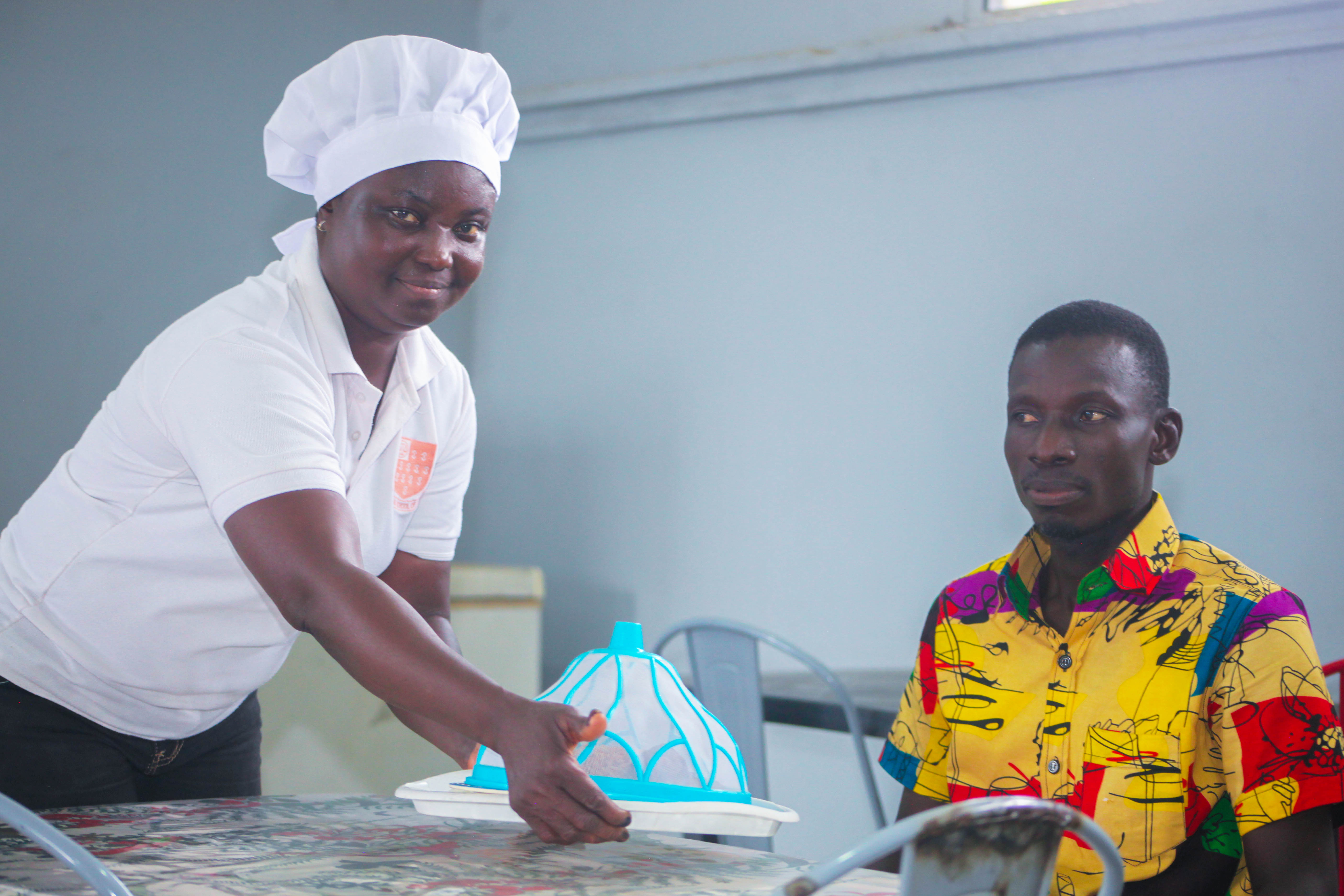
Entrees, soups, and sides.

We play a vital role in providing meals and a positive dining experience.

Provide medical care, stabilize patients, and transport them to hospitals.

Safely transport patients to medical facilities.

Coordinate responses, provide pre-arrival instructions.